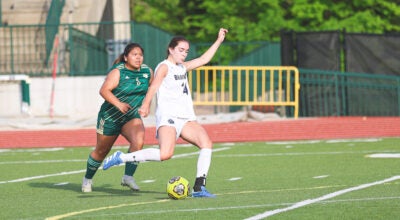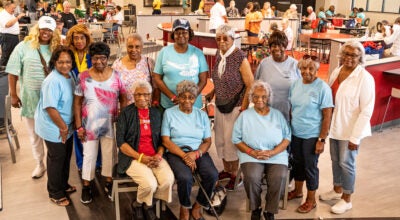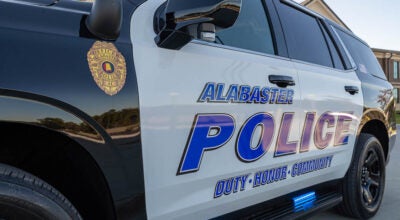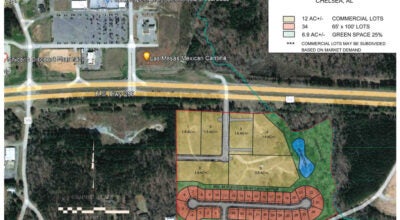SCS addresses parent questions about school reopening plans
Published 4:06 pm Thursday, July 9, 2020
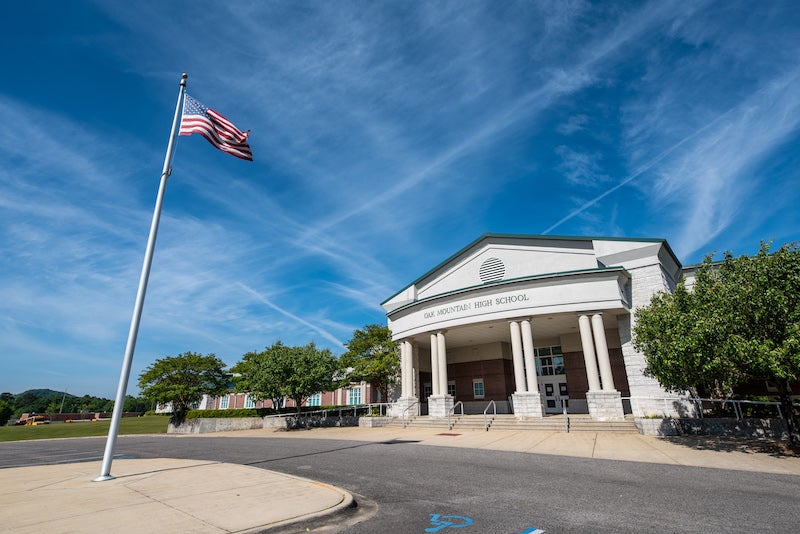
- FILE
|
Getting your Trinity Audio player ready...
|
FROM STAFF REPORTS
Shelby County Schools responded to parents’ questions about face masks, bus transportation and other facets of the 2020-2021 school year as district leaders continue to work on a multi-phased reopening plan.
SCS released the first round of reopening information on the afternoon of July 7, shortly after the Shelby County Board of Education approved the revised school calendar with a new start date of Aug. 13 for students.
On July 9, SCS listed responses to questions the district has received about facilities, transportation, instruction, health and safety and extracurricular activities.
Regarding sanitization of facilities, cleaning and disinfecting will occur throughout the school day, especially on frequently touched surfaces such as tables, doorknobs, light switches, countertops, handles, desks, phones and keyboards.
Custodial staff will use EPA-approved, hospital-grade chemicals to clean and disinfect surfaces, along with newly purchased equipment to spray and sanitize large areas.
Additional supplies have been purchased to accommodate increased and frequent hand-washing for students and staff.
Regarding lunch, all classes will not eat in the cafeteria every day.
Some classes will eat in classrooms, some will eat in hallways and some will eat in other areas on campus.
These arrangements will vary from school to school in order to best socially distance students and to free up cafeteria space to allow large classes to subdivide and socially distance.
In response to questions about transportation, SCS is encouraging parents to transport students; however, if that’s not possible, bus transportation will be available.
Buses will be cleaned and disinfected twice daily, and social distancing measures will be implemented as much as possible.
Students are strongly encouraged to wear masks on buses.
Students will be allowed to wear masks or face coverings with designs or patterns, but any that violate the policies outlined in the district’s dress code policy will be prohibited.
If a city has an ordinance regarding masks, schools located within that city must follow that ordinance.
Each school will devise ways to social distance students as much as possible during arrival and dismissal, and will have information on the school’s specific procedures.
Regarding remote instruction, a virtual curriculum has been purchased by the Alabama State Department of Education and will be used in grades 6-12 for remote learning.
Elementary remote students will use programs similar to those used in the spring.
Remote instruction will be administered by SCS teachers during designated school hours, but students also will be expected to work independently.
Unlike the enrichment-based instruction during the recent extended school closure, assignments and tests will be more rigorous and graded.
Elementary schools will continue to use Google Classroom for their Learning Management System.
SCS district leaders are currently being trained on the new 6-12 Learning Management System.
The remote curriculum for 6-12 has not been released to districts to view.
District leaders will not be able to determine who the virtual teachers will be until they know the number of students selecting the remote option.
The following are summaries of how remote instruction will be supported by a teacher at each level:
- Elementary – A teacher from SCS will be assigned a classroom of students. The students will participate in whole group and small group activities at least three days a week. Assignments will be completed online and graded. Meetings with teachers will take place during normal school hours. If a student receives specialized instruction, he or she will still receive the additional support. If the student receives specialized services, the delivery of these services will be determined by the IEP team.
- Middle and High – Students involved in remote learning are expected to work independently through the virtual content. A teacher from SCS will check in with students during the week, but there will not be direct instruction in addition to the virtual content. The teacher will assign virtual content, release assignments and monitor the student’s progress through the course. If a student receives specialized instruction, he or she will still receive the additional support. If the student receives specialized services, the delivery of these services will be determined by the IEP team.
Students may transition out of remote learning at the end of each nine-week period if they are not doing well and would like to return to school.
However, students may not take some courses online and some at school.
Larger classes, such as P.E., could be subdivided, and additional areas of the buildings and outside areas utilized in order to spread out and socially distance.
Students who opt for the traditional learning option will still attend classes such as art and music and will take their own school supplies.
Students will change classes, and additional time will be given for transition between classes.
Students will be encouraged to wear a mask or face covering during class changes and will be asked to walk in designated areas of the hallway to encourage social distancing.
Lockers are expected to be assigned as usual.
Regarding health and safety, a student or teacher who has been diagnosed with COVID-19 will be expected to remain at home.
A student who has to be out of school due to illness will temporarily transition to eLearning supported by their regular teacher until he or she is allowed to return to a traditional on-campus learning environment.
School nurses are prepared to adapt health room environments in order to isolate students who might be showing symptoms until the student can be picked up by his or her parent or guardian.
The student will be asked to wear a mask until they are checked out.
Well child visits to the health room will be limited.
With extracurricular activities, students may participate in remote learning and the after-school marching band program.
Remote students may attend marching band practice after school.
Traditional students that take band or choir class will practice social distancing to the greatest extend possible.
After-school care will be open and is currently accepting online registrations.


